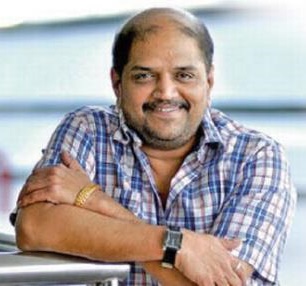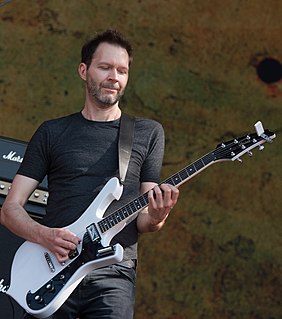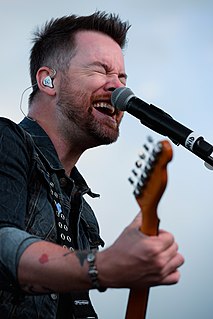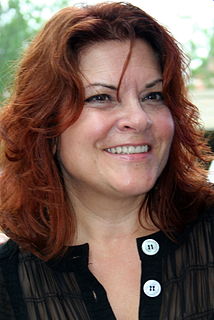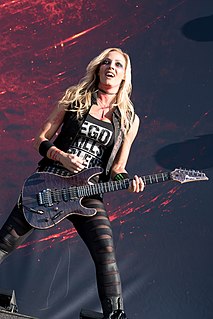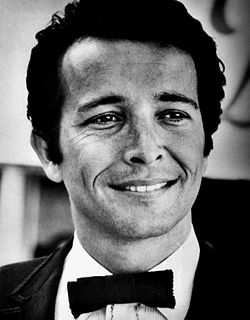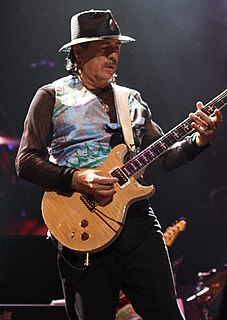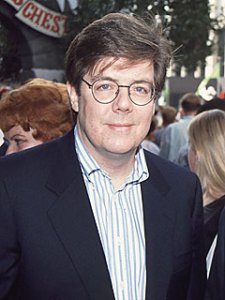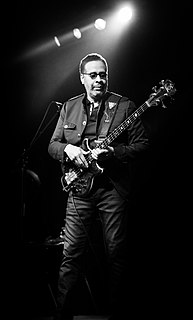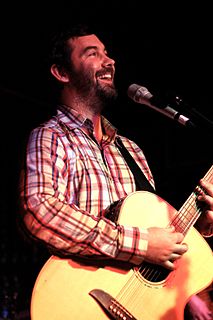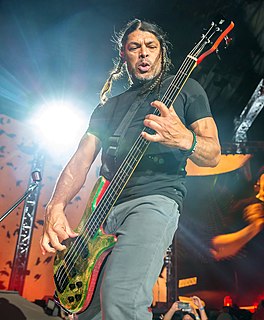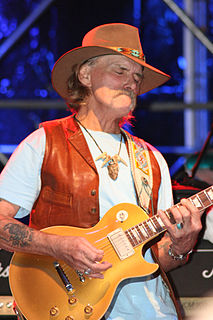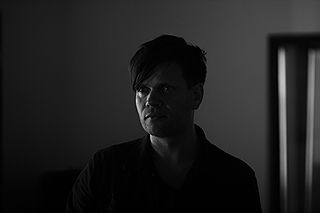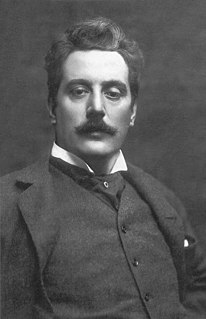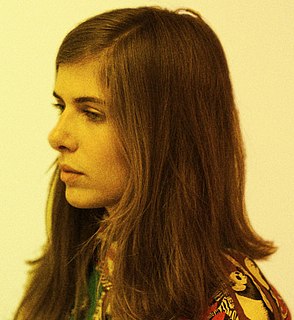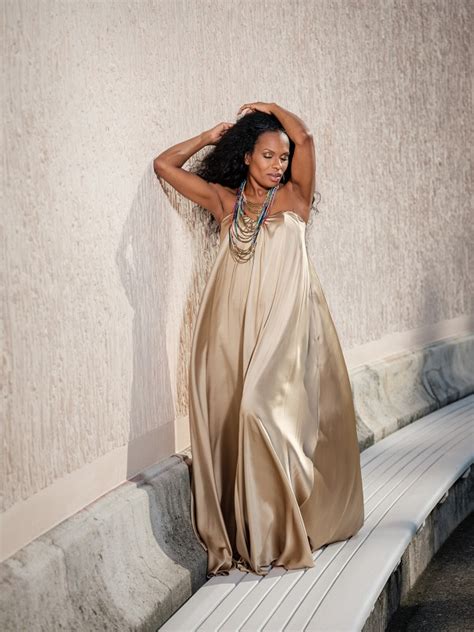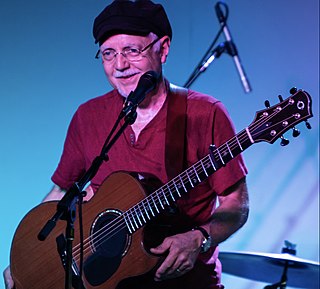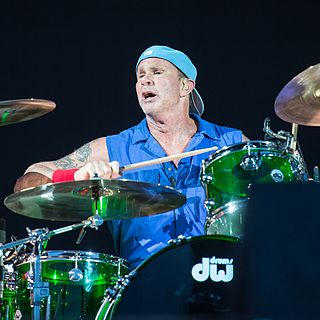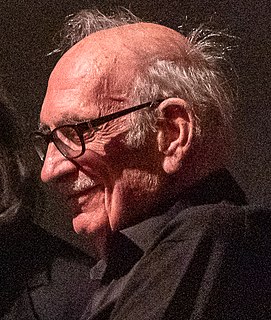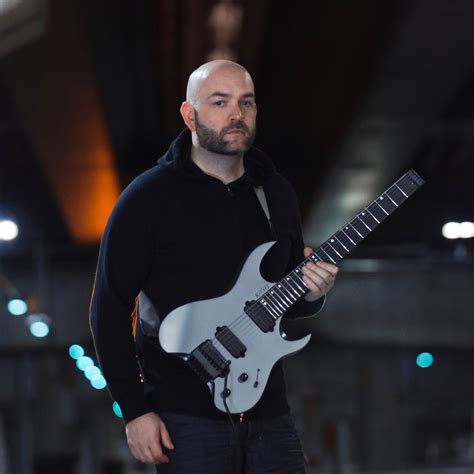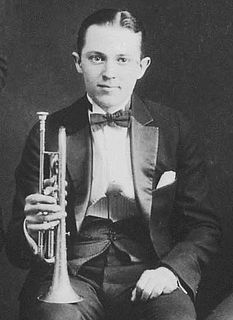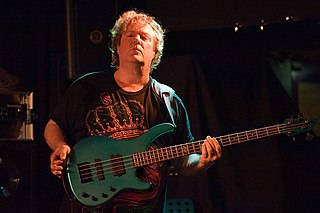Top 1200 Instrumental Music Quotes & Sayings
Explore popular Instrumental Music quotes.
Last updated on December 21, 2024.
Basically, there were three aspects of dub that influenced dubstep. The most important was playing the instrumental versions of vocal garage tracks, which was a little like what dub was to reggae - the instrumental of a full vocal.The second was dub as a methodology, which, for me, is apparent in all dance music: manipulating sound to create impossible sonic spaces using reverb, echo and such. The third is the influence of the genre called dub. (It became a cliché actually, through sampling old Jamaican films and soundtracks, and adding vocal samples.)
I'd rather call it "instrumental creative music," especially the music that I've been doing. If a person would hear that music, they would undoubtedly call it "jazz." There is this whole generation of musicians that are playing and thinking critically for themselves and making music that's relevant to today. I hope that's the objective of a lot of musicians.
Vocals are not central to what I do, and I've never liked singing live. I've always been more inspired by rhythm, texture, harmony than vocal melodies and lyrics. Plus, for me, I can better express my musical ideas through instrumental music than vocal music, the emotional interpretation of which can easily supersede the actual musical content or aim.
Way back in the day, when I first started and had delusions of adequacy as a cartoonist, I would listen to music. When I switched to a career as a writer, I would try to listen to music, but if the songs had lyrics they would get in the way of the words I was trying to write. So I switched to listening to purely instrumental pieces.
If we admit instrumental musick in the worship of God, how can we resist the imposition of all the instruments used among the ancient Jews?—yea, dancing as well as playing, and several other Judaic actions? or, how can we decline a whole rabble of church-officers, necessary to be introduced for instrumental musick, whereof our Lord Jesus Christ hath left us no manner of direction?
It's always made me feel odd when I'd get a Dove Award for an instrumental album that has nothing to do with gospel. When I think of gospel music, I think of spreading the Good News with words. But maybe it's just because I was heralded once upon a time as one of theirs. The category of instrumental music seems sort of important to the big picture, but I felt a little embarrassed at the same time.
The Chili Peppers do a lot of improvising, but it's within the framework of song structures. The Meatbats is from a purely instrumental standpoint. But when you hear the term 'instrumental music' you think it's real serious stuff and everybody's playing a million notes and it's about playing fast. That's not what we do.
I think my music being referred to as "cinematic" has a lot to do with people just not being used to listening to instrumental music without watching a film. I'm still pretty convinced of that. You'll play Chopin in place of something average and like, "Wow, that'd be great in a film." People say it every time, swear to God. I don't think people have a good relationship with instruments and music anymore. But it's definitely visual; I started writing with this band because of the pictures. I can't really deny it either, you know?
Jazz is musical humor. The noun jazz describes a modern American technique for the playing of any music, accompanied by noise called harmony, and interpolated instrumental effects. It also describes music exhibiting influence of that technique which has as its traditional object to secure the effects of surprise, or in the broadest sense, humor.
First, I started to play the organ. I did that until I was 11. From the age of 11 to 13, I gave up music entirely. And then at 13, I picked up the guitar, and after one and a half years, I started practicing intensively. I began playing in rock bands, and it was there that I discovered that the music I liked to write was always instrumental.
